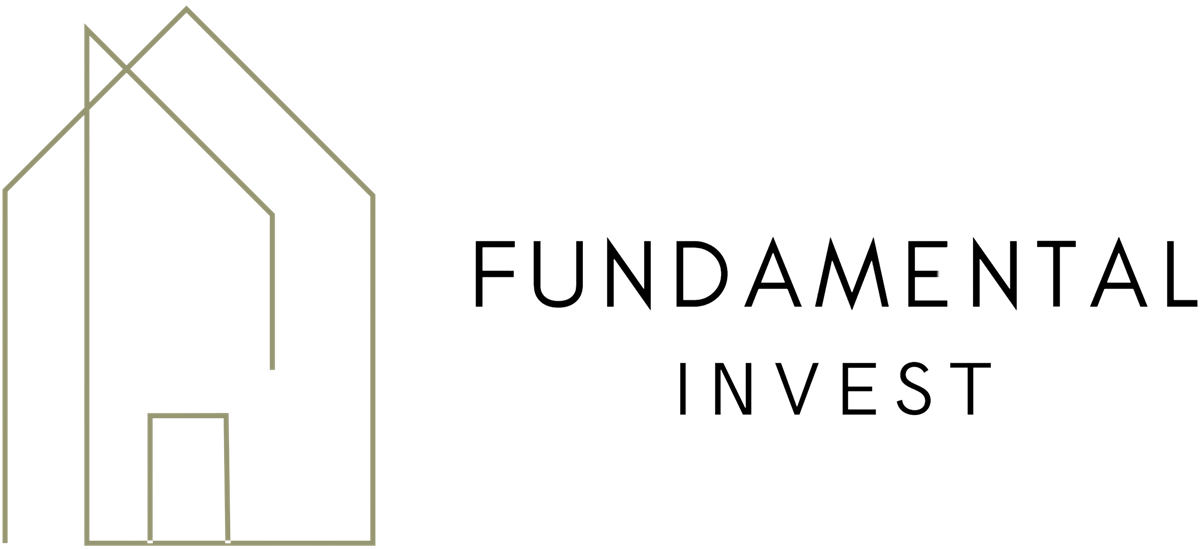Rentvesting is a strategy where you buy an investment property in one location (often somewhere affordable or with high growth potential) while choosing to rent in a location that caters to your lifestyle needs. This is often seen as an appealing choice for people who prefer living in cities or suburbs where buying can feel out of reach.
For example, you might consider buying property in a high growth suburb or in an emerging interstate area while continuing to rent in a vibrant, upmarket urban area with quick and easy access to work, dining and entertainment.
Is rentvesting an easy way to enter the property market?
It really depends on your personal circumstances. Rentvesting can be a more accessible way to break into the property market, especially in places where high prices make home ownership tough.
Buying in a suburb or area with lower prices or high rental demand can be a good way to get a foothold in the property market faster than saving for a deposit for a house in a prime location.
Pros of rentvesting
Freedom to live where you want
You can get the best of both worlds with rentvesting, which means you can invest where it makes financial sense and live where it suits your lifestyle.
Build wealth through property
An investment property in a high growth location may provide you the opportunity to quickly build equity as your property’s value increases over time. With enough equity you may look to sell, refinance or use the equity as leverage for other investments.
Tax benefits
As a property investor, you may benefit from tax deductions, usually not available to owner occupiers. These can include deductions on property management fees, loan interest, repairs, and depreciation.
Diversification of your property portfolio
Rentvesting may work as an excellent diversification strategy by allowing you to spread your investments across a range of asset types (for example, property, shares, or other investments). The property has the potential to become part of a broader financial plan, complementing other investments, which can ultimately help balance and spread your risks, as your wealth isn’t tied up in one asset.
Potential for cash flow
A property investment at the right price and in the right location can generate rental income that not only covers your mortgage payments and other expenses, but also leaves you with extra cash to spend on the things you enjoy or build your savings. Opening up property investment Australia wide allows you to time your entry into a market with the most upside.
Drawbacks of rentvesting
Upfront costs and maintenance expenses
Rentvesting requires an upfront deposit, fees, as well as ongoing costs like maintenance, property management and insurance. There could also include unexpected repairs or vacancies that could impact your budget.
Higher interest rates
Rentvesting can prove costlier in an economic climate where inflation and interest rates are higher. Although we’ve now seen the start of an easing cycle from the RBA with interest rates.
No access to First Home Owner’s Grant
Even if it’s your first time buying a property, as a rentvestor you won’t have access to government schemes like the First Home Owner’s Grant (FHOG) or the First Home Super Saver Scheme (FHSS).
Potential capital gains tax (CGT)
While there are tax advantages to rentvesting, you can also expect CGT implications when selling your investment property. Understand these implications and factor it into your strategy during the planning process. If you hold the property for more than 1 year or more the CGT will be a discounted 50%.
Get advice on buying an investment property that fits your financial goals and lifestyle.
Does rentvesting work for you?
Start by assessing if rentvesting fits your financial goals, lifestyle and risk tolerance.
Assess your financial situation
Calculate how much you can comfortably direct towards your investment property, including deposit, property management fees, stamp duty, loan repayments, and maintenance costs. You’ll need to remember that this investment strategy involves paying rent as well as your mortgage repayment, so it’s important to check that everything balances out, so you’re not feeling financially stressed. It’s also crucial that you have an emergency fund set up for unexpected life situations.
Define your investment timeline
It’s worth considering how long you’d need to hold the property for it to make the best financial sense for you. For example, are you looking to build equity over five, seven or even 10 years?
Andrew Black
With over 15 years of experience in the property industry, Andrew Black has built a stellar reputation as a trusted leader and expert.

